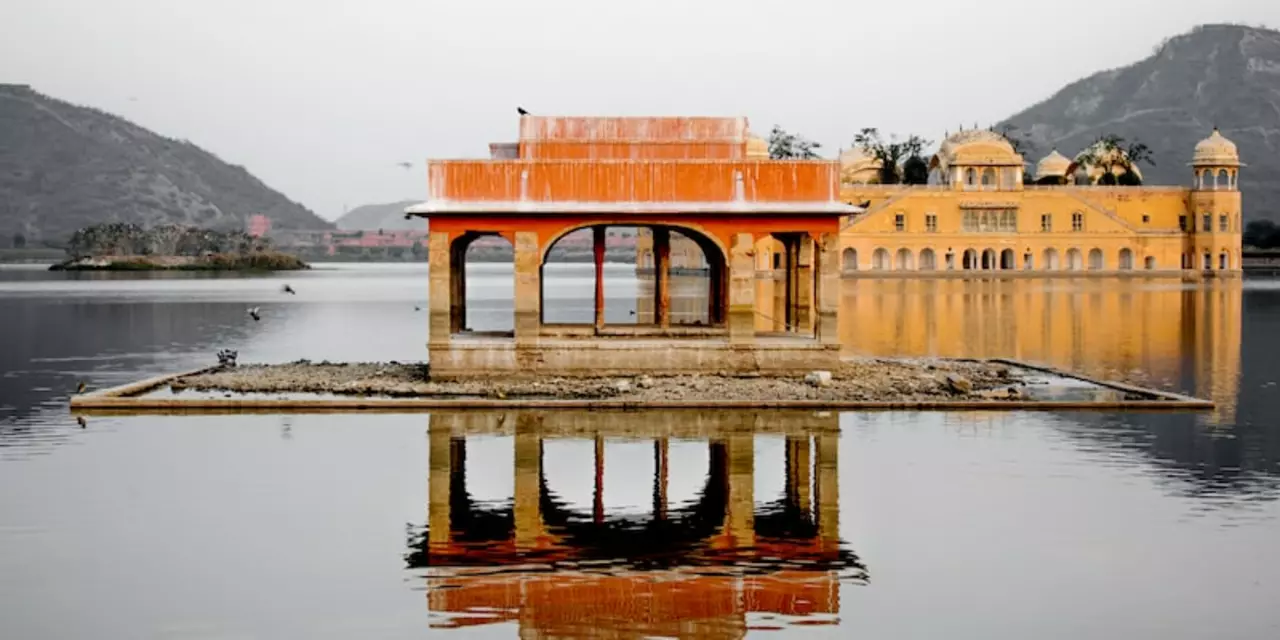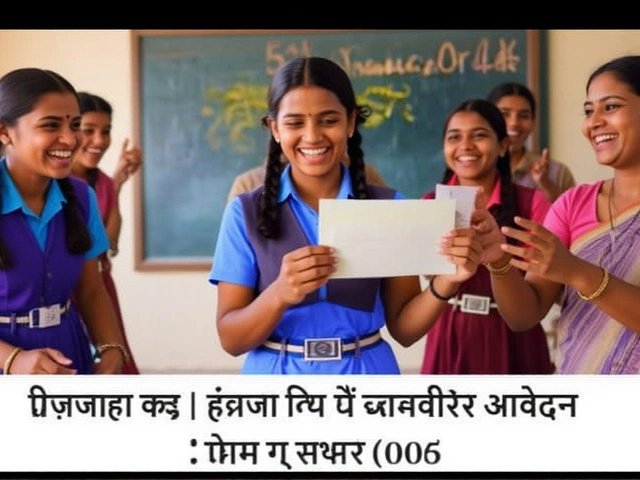India is a country of many wonders, but unfortunately, it also has its fair share of issues. One of the biggest issues that India faces is its poor infrastructure. From crumbling roads to unreliable electricity, India has a long way to go when it comes to infrastructure.
The lack of proper roads and highways is a major issue in India. Many of the roads are in need of repair and are not well maintained. This leads to traffic jams and accidents, making it difficult to get around. It also leads to a loss of productivity in the country, which is detrimental to the growth of the economy.
Another issue is the unreliable electricity supply. Power outages are common, and the lack of reliable electricity makes it difficult to do business in India. It also makes it difficult for people to access basic services like healthcare and education.
The poor infrastructure in India is a major problem that needs to be addressed. The government must take steps to improve the roads, highways, and electricity supply so that the country can move forward and compete on the global stage.
India is a nation that is rich in culture, tradition and diversity, however, it also has its fair share of issues. One of the most pervasive problems that India has faced for centuries is gender discrimination. Women in India are still treated as second-class citizens and not given the same rights or opportunities as men.
Gender discrimination in India manifests itself in a variety of different ways. Women are often seen as less valuable than men, and are not given the same education, career opportunities, or even access to health care. Women are also often subject to abuse, both physical and emotional, and are expected to take on the majority of the household responsibilities.
Gender discrimination also plays a role in the workplace. Women in India often face unequal pay and unpaid overtime, and are often excluded from leadership roles. Women are also more likely to be fired or laid off in times of financial hardship.
Gender discrimination in India is a problem that has persisted for centuries and shows no signs of abating. In order to make progress and make India a more equal and just society, it is important to address this issue and ensure that women are given the same rights and opportunities as men.
When it comes to the list of things I hate about India, one of the first things that comes to mind is the country’s widespread corruption. From the highest levels of government to the lowest, corruption is a serious and deeply entrenched problem. India ranks high on many corruption indexes and it’s not hard to understand why. Corruption is endemic in Indian society and it’s something that affects all levels of society.
Corruption is pervasive in India. It has a significant impact on the economy, with estimates suggesting that the cost of corruption is as much as 2-3% of India’s GDP. It also has a widespread impact on the quality of services provided. From healthcare to education, corruption has led to a decline in the quality of services provided. It also has a significant impact on the environment, as corrupt officials are often willing to overlook environmental regulations in exchange for bribes.
Corruption is also a major barrier to economic growth and development. It creates an environment of distrust, where businesses are reluctant to invest and citizens are wary of public institutions. This has a direct impact on the quality of life of citizens, as it leads to a lack of access to basic services and a lack of trust in the government.
The widespread corruption in India is one of the main things that I hate about the country. It has a serious and negative impact on the development of the country and it’s something that needs to be tackled if India is to achieve its full potential.
When it comes to India, one thing that I can't stand is the lack of quality education in the country. Despite India's booming economy and its population of 1.3 billion people, the quality of education in the country is still very poor. It's a sad reality that many Indian children are not able to receive a quality education due to lack of resources or access to quality educational institutions.
The Indian education system is plagued by a number of problems. For one, there is a lack of qualified teachers in many parts of the country. This has led to a situation where students are not receiving the proper education they need, which is a tragedy for the future of the country. Furthermore, many of the schools that exist are not well-equipped with the latest technology and resources, which can make it difficult for students to reach their full potential.
The lack of quality education in India has serious implications for the future of the country. Without a strong education system, India will not be able to produce the skilled workforce it needs to compete in the global market. This lack of quality education also means that many of India's citizens are not able to take advantage of the opportunities available to them.
The lack of quality education in India is a serious issue that needs to be addressed. The government needs to invest in the educational infrastructure of the country, as well as provide more resources and opportunities for students to receive a quality education. Only then can India truly become the global superpower it is destined to be.
India is the second most populous country in the world and its population continues to grow at an alarming rate. This population growth has caused a variety of issues in India, one of which is increased competition for resources between citizens. With such a large population, it is not uncommon for people to struggle to find jobs, housing, and other basic necessities. As a result, many people in India are living in poverty and are highly disadvantaged in comparison to those in other countries. This is one of the things that many people in India hate about their country.
Another issue caused by the population growth in India is environmental degradation. As the population continues to rise, more and more land is being used for housing and other developments. This has caused a decrease in natural habitats and a decrease in available land for farming. As a result, many of the natural resources are becoming depleted and the air quality in some cities has become dangerously polluted. This issue affects everyone living in India, including those in rural areas, and is a major source of frustration for many.



